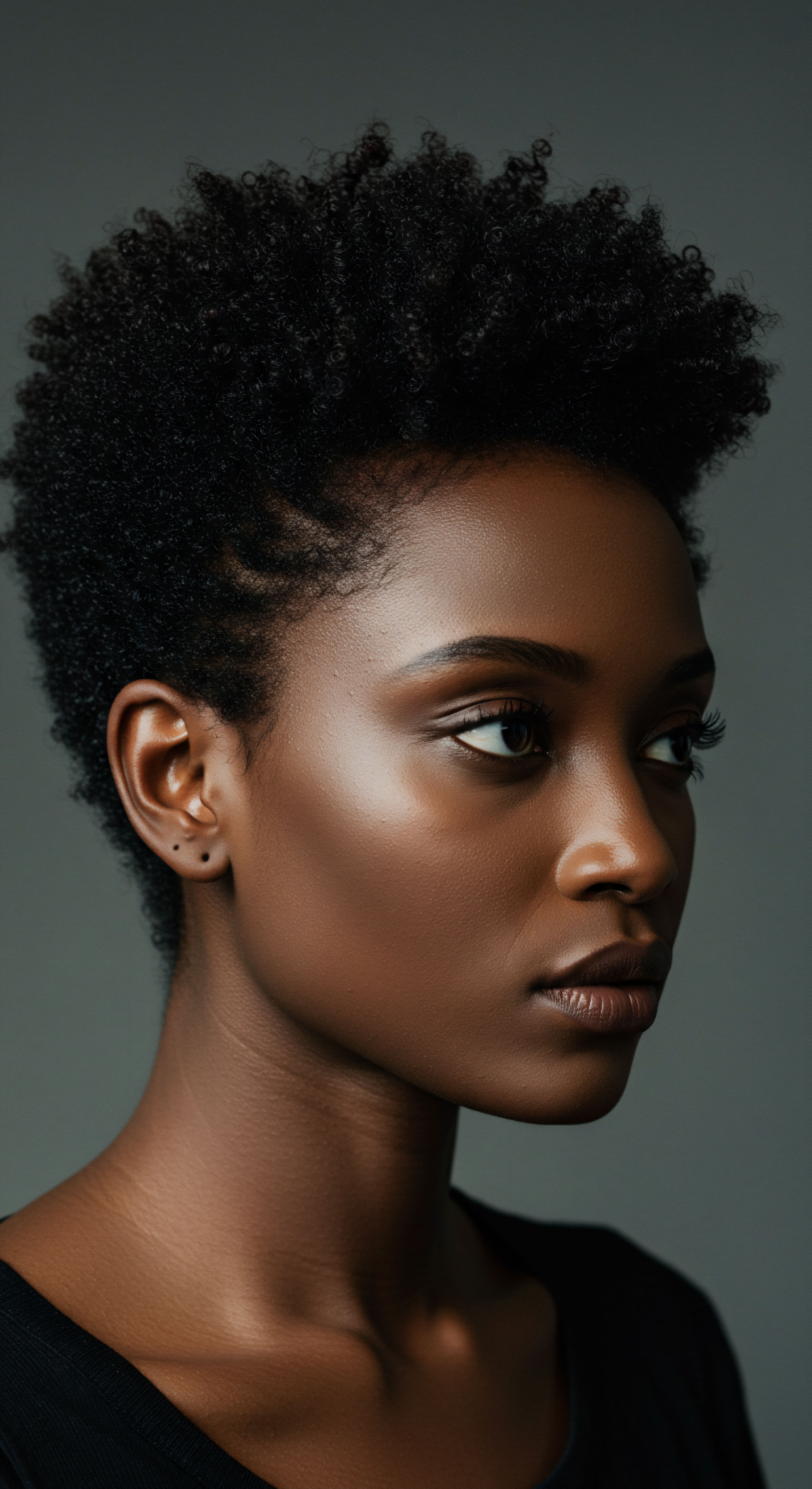
Can disrupted sleep patterns alter the scalp’s natural oil production?
Disrupted sleep can alter the scalp's natural oil production by affecting hormonal balance, inflammatory responses, and cellular repair cycles.

What impact does chronic sleep disruption have on textured hair density?
Chronic sleep disruption can diminish textured hair density by altering hormonal balance, disturbing the hair growth cycle, and hindering cellular repair.

What are the specific biological pathways linking sleep disruption to hair shedding in textured strands?
Sleep disruption alters hormone balance, increases stress, and reduces nutrient delivery, collectively accelerating hair follicle entry into shedding phases.

What specific biological mechanisms link chronic sleep disruption to increased shedding in coils?
Chronic sleep disruption alters hormonal balance and cellular signals, prematurely shifting hair follicles into a resting phase, leading to increased shedding.

What are the long-term effects of circadian rhythm disruption on hair follicle sensitivity to hormones?
Circadian rhythm disruption alters hair follicle gene expression and hormone receptor sensitivity, impacting hair growth and resilience.

How does disrupted sleep affect the scalp’s immune system and hair follicle health?
Disrupted sleep imbalances scalp immunity and hair follicle health through hormonal shifts, oxidative stress, and inflammatory responses.

What happens to hair’s hydration during prolonged sleep disruption?
Prolonged sleep disruption elevates stress hormones, particularly cortisol, which can diminish hair's capacity to hold water by degrading vital hydrating molecules.
